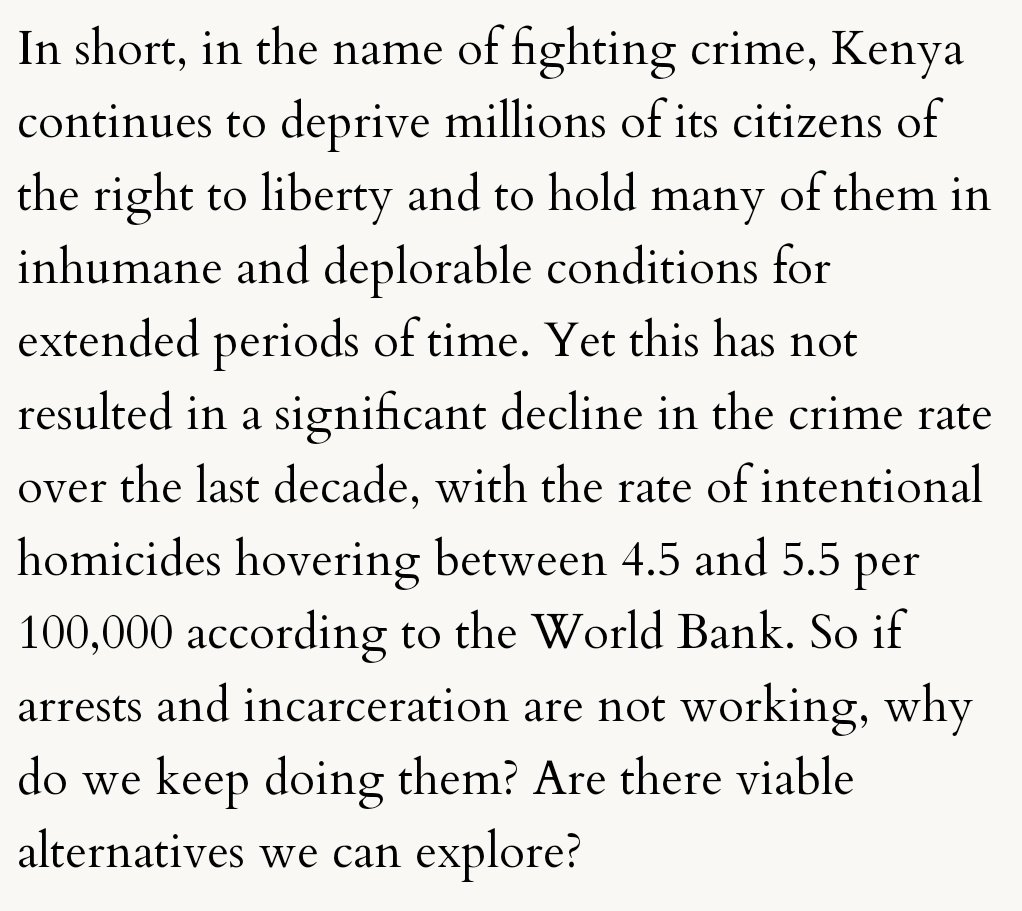
Question: Why are the identities of the British soldier who murdered a Kenyan woman, and those of his friends whom he then joked about it with on Facebook, kept hidden? Why are they not being named?
https://twitter.com/_Will_Brown/status/1454527712425545730
The "Kenya-would-be-ungovernable" claptrap is the same excuse Brits used to escape justice for colonial crimes. Here's some stuff they did then - and recounted online. See how the attitudes are similar? To them it is always just "another dead Mickey".
gathara.blogspot.com/2009/10/spoils…

gathara.blogspot.com/2009/10/spoils…


And if you imagine this was a one-off, you need to read Caroline Elkins' British Gulag.
https://twitter.com/gathara/status/1381300846319833094?s=20
Here's the clincher:
"There would be no prosecutions against former loyalists and certainly not against any of the British officers or settlers, many of whom continued to live a very privileged life in Kenya" - Caroline Elkins, Britain's Gulag: The Brutal End of Empire in Kenya
"There would be no prosecutions against former loyalists and certainly not against any of the British officers or settlers, many of whom continued to live a very privileged life in Kenya" - Caroline Elkins, Britain's Gulag: The Brutal End of Empire in Kenya
As tragic and infuriating as the murder of Agnes Wanjiru - and the impunity and lack of remorse exhibited by her British killers - are, we must not forget it fits neatly into the pattern of British violence and impunity. They "continue to live a very privileged life in Kenya".
Demanding justice for Agnes Wanjiru should only be a first step. What must follow is a thorough examination and laying bare of British crimes against Kenyans (and others), details of which are contained in the colonial archive they stole, destroyed and continue to hide in the UK.
That archive in its entirety should be repatriated to Kenya. It should be digitised and made available to all online, not hidden under a hill in the UK, inaccessible to Kenyan researchers and Kenyan people. We must finally have our moment of reckoning.
aljazeera.com/opinions/2019/…
aljazeera.com/opinions/2019/…
• • •
Missing some Tweet in this thread? You can try to
force a refresh
























